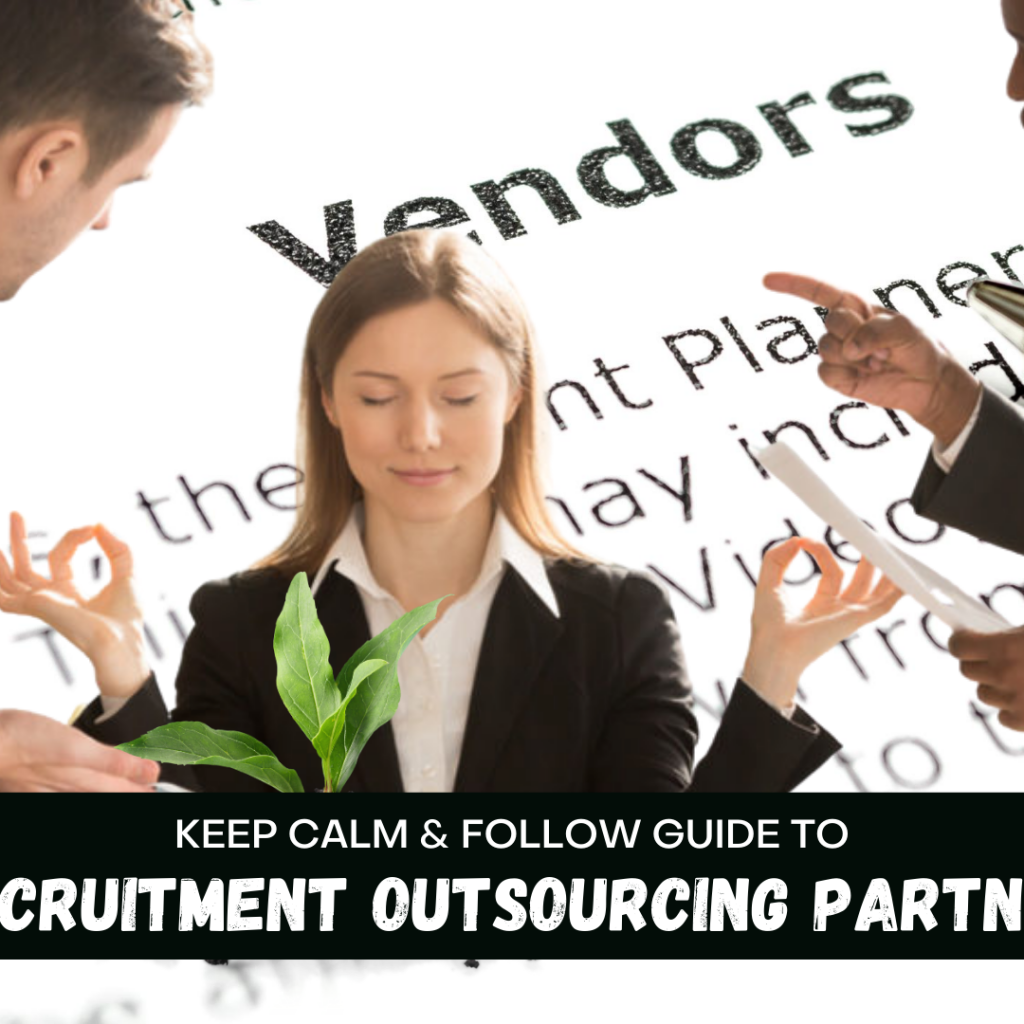As a leading recruitment agency, we often come across clients who are unsure of how to go about the right Recruitment Process Outsourcing (RPO) partner. Yes, it is business as usual; we coach the client, present our success graph, and walk them through the hiring roadmap. We close the deal with new confidence in our clients.
In this article, we will share with you reasons why as a small business, medium, or large, you should outsource hiring to a credible RPO. Now that companies worldwide are operating digitally, finding reliable recruitment service providers isn’t a challenge. The challenge is in determining if these providers are fit for your partnership.
Preparing for Recruitment Process Outsourcing
There are many reasons for businesses to consider outsourcing their recruitment process. Whether it is a small business or large, managing an entire hiring cycle to building a strong pipeline of candidates is a daunting task. Here, talent acquisition partners and internal stakeholders need to brainstorm on positions and functions they will outsource and the ultimate goal of outsourcing recruitment.
Assessing Hard Cost vs. Soft Cost
The second thing we recommend our potential clients to do before deciding to outsource is to assess their hard costs vs. soft costs. Hard cost is the cost of physical assets of a company’s inventory, the machinery, furniture, equipment, etc. Businesses that do not outsource bear these expenses. Soft costs are the various fees and salaries a company has to pay irrespective of the optimum utility of such investment. Inducting an RPO partner, helps drive cost-efficiency.
Business Compatibility Analysis
As we discussed in the introductory paragraph, it is easy to find recruitment outsource providers because everyone on Google can advertise their services. Every time you look up, a host of top-bidding providers are in front of you. But you need a partner, and therefore it has to be a proper screening set up. So instead of directly approaching RPOs, use a focused platform to have them bid for your position based on experience, service, and responsiveness when it comes time to choose the right company.
Build your Milestones & Metrics
Having clarity of your hiring goals and timelines is necessary. Look into the time- period of your current recruitment process, cycle time metrics, scheduling interviews, background verification process, etc. It is a significant sum of time for organizations with 1000+ employees, and so check with your potential RPO if they can match up robust planning. Also, once there’s a planning, do they have anchors that’ll help you review efficiency on demand. You should have access to their measurements and see how efficiently they deliver on the hiring cycle and conversion rates.
Match Hiring Mindset
Today, culture is a vital factor. You can be a small business, but you know how important it is to have a good office culture that inspires, motivates, and gets the best of your investment naturally; you have great people who are ready to go any miles for you. When you hire an RPO, please ascertain that they are on the same page; they understand cultural diversity, practice equal hiring opportunities, and make no exception to hiring people based on their gender orientation, disability, race, voice, etc. You need great talent to drive home your bottom line.
Internal Stakeholders Collaboration
Collaboration is the key to any successful partnership. And for this, both buyer and vendor must appoint key stakeholders on their respective sides. Explain to the vendor your governance model and seek the same from the vendor to not be lost when a situation arises. There must be allowed time for your business and frequency at which both parties can debate, talk, ideate, etc. Without a great partnership based on excellent communication, either vendor or buyer may lose each other irrespective of efficiencies.
One Stop for Speciality Hiring
Here’s something interesting and often overlooked aspect in the decision-making process of selecting an RPO. In the initiating step, stakeholders brainstorm on positions and functions to outsource. Now, you have to see if there’s any additional service that your potential RPO can provide, including assistance for a background check, preparing legal documents, banking documentation, special hiring, etc. Check if your potential RPO can provide these services so that you don’t have to go elsewhere. Also, check if they can give post-hire assistance or full-cycle human resource management.
RPO Implementation
All said and done, your potential Recruitment Process Outsourcing (RPO) partner must walk you through their implementation strategy. In this vital process, your partner should have access to full information that concerns your recruitment process. For your RPO to map an implementation process, you must provide them with data and necessary timeline to achieve the goals without any conflict post-signing an agreement between you and your new RPO.
Recruitment Process Outsourcing (RPO) has a standard template, but your need and requirements vary because every organization operates at a different margin. No two businesses operate like identical twins, which means to say that there’s no one-size-fits-all approach. If that’s your standard for selecting an RPO, it may end up against your wishes.
SkillDemand is an expert in the domain. If you need to consult, connect with us here.



